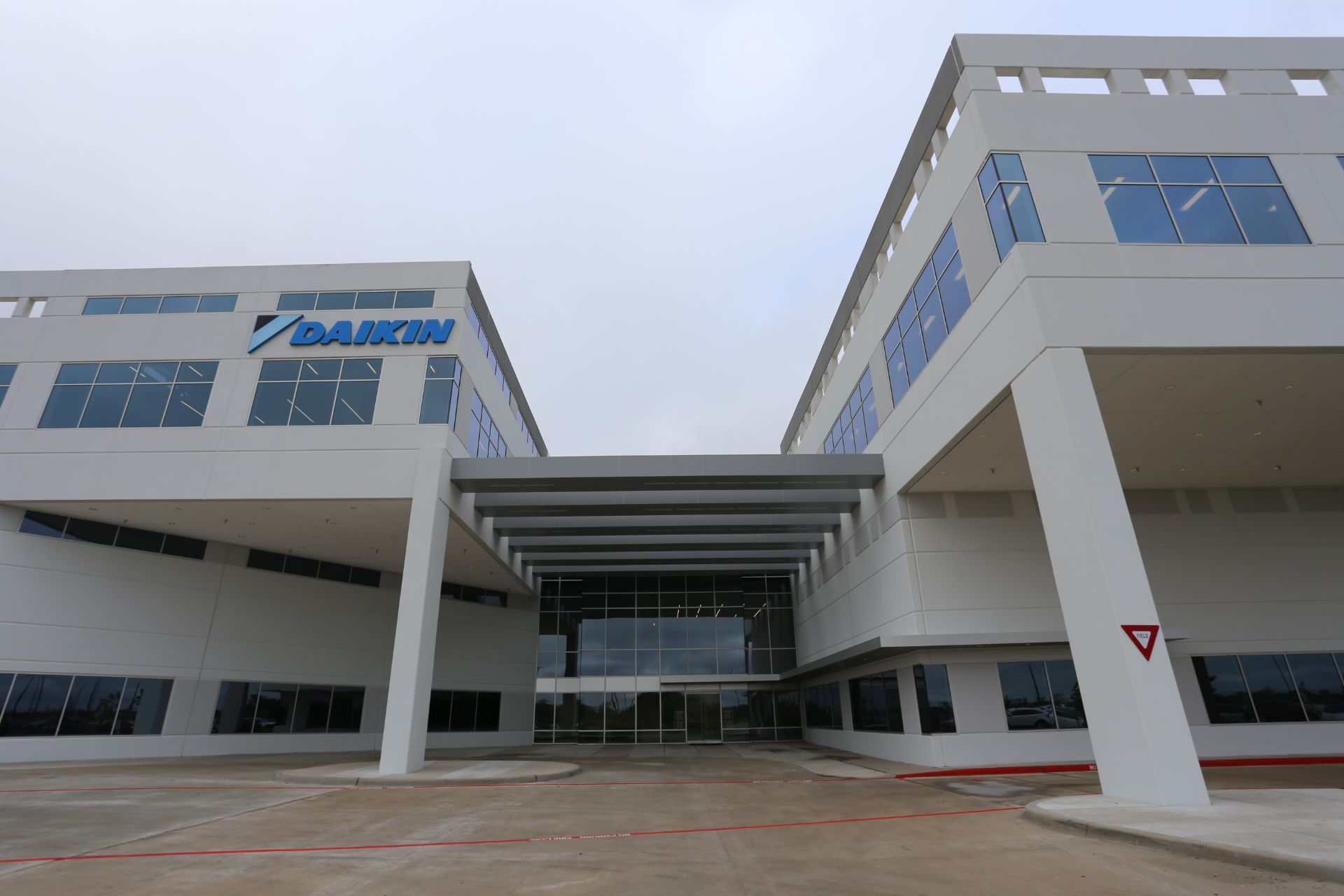


About Our Company
Energy Whisperer Home Services
The Energy Whisperer Home Services, LLC is a family-owned and operated HVAC / Energy Consulting company that started back in 2017. As mass adoption of solar power and energy efficiency upgrades in the home come to life, we have made it our mission to provide the highest return when choosing solar products, and high-efficiency AC systems which is responsible for the majority of energy consumption in the home. We are dedicated to ensuring our customers that nothing but our best craftsmanship is provided for every installation and service we offer.
How We Work
Reason For Choosing Us
Energy Whisperer Services works on every make and model of HVAC equipment, both residential and commercial. We offer maintenance packages for both sectors. Energy Whisperer introduces the pioneering maintenance program – “The Meta Tune” – which includes a comprehensive home analysis to determine your energy expenses and recommend strategies for minimizing your power bills. Records of each maintenance will be effortlessly stored in your digital wallet.

Transparent
Pricing

Customer
Support

Expert
Technicians

Wide Service
Range


What We Offer
Every Maintenance Agreement Includes:

10% Discount On Parts And Services

One Comprehensive Meta Tune-Up

One Service Call If Needed

Attic Inspection

Water Heater Inspection

Appliance Energy Review

Recommendations On Energy Savings

Downloaded And Saved To Your Digital Wallet

Access Your Records Anytime With The Click Of A Button

Monthly Meta Tune Newsletter With Tips For Your Home
Our Products




Our Services
Services We Offer
Trust the experts
Just Plug In and Save
The Energy Whisperer offers the first-of-its-kind maintenance program - “The Meta Tune”, a comprehensive home analysis determining simply how much you spend and what we can do to minimize your power bill.
Daikin Comfort Pro
Energy Whisperer Home Services is honored to be an approved vendor for Daikin Products. This collaboration enables us to deliver premium HVAC solutions, ensuring our customers benefit from Daikin's cutting-edge technology and our commitment to excellence in service.



REVIEWS
What Client Say About Us
“My June bill was $48 lower with only 9 days of new AC service!”
-Joseph Giordano